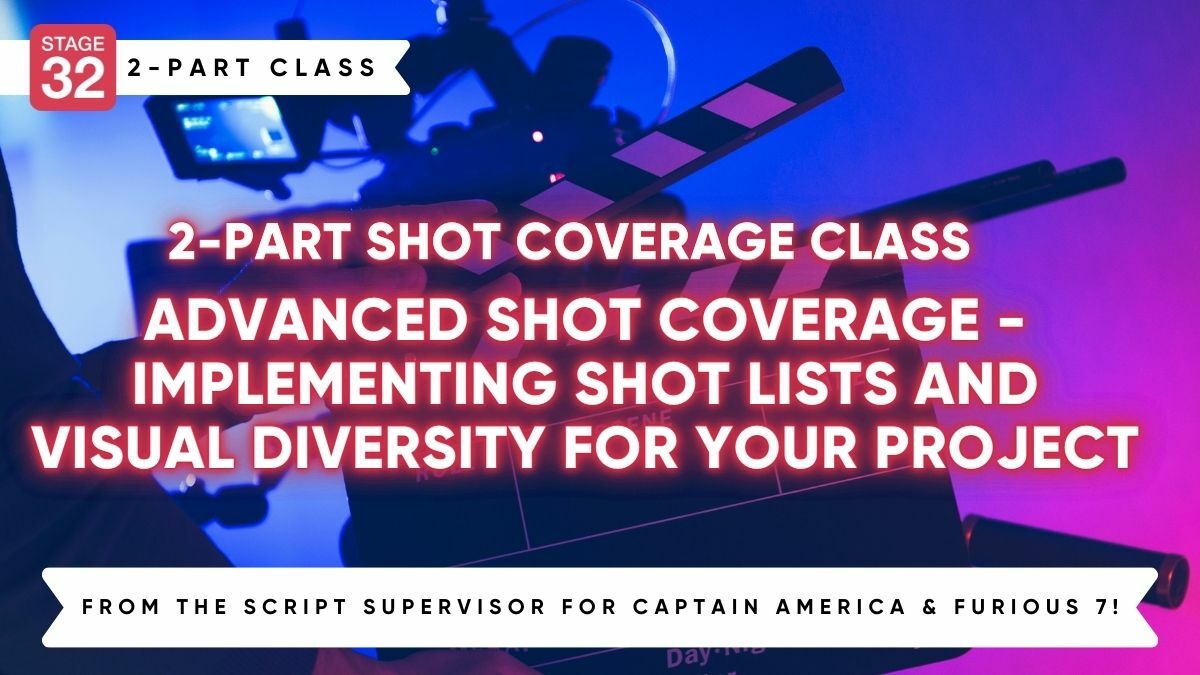I directed a feature-length documentary and have just hired a relatively fresh composer. It’s my second time going through this process but the first was many, many years ago. I’d appreciate hearing how composers generally craft their score and collaborate with the director. I’ve asked my composer to watch the rough-cut and provide me with his thoughts on score, as well as temp tracks that we may or may not license. I’ve heard of composers writing a music treatment, or synopsis. Is that common? Goal being to let the master of music come to me with his thoughts and opinions before I chime in with mine. Do you then watch the film again, let it marinate and stew in your thoughts, and construct a theme. Then present to director for approval, spot the film for ins and outs, and flesh it out from there? Look forward to the feedback...



I personally love reading scripts and getting a feel for what kind of themes and moods I want from that. If I get something in pre-production I will usually write some preliminary tracks to show the director what I was thinking, and then adjust them as we move on. Pretty much every job I have applied for, I have sent an idea of what I was thinking from my first impression of the project.
Once I get footage, I will watch it, come up with an idea, then write and watch, and watch and change and so on until I am satisfied. And then usually go back and repeat. Then I will usually make a rough mix and send it to the director. If they like it, I will mix and polish and send it back.
I hope some of that helps.
It depends on the preferences of the director. I've worked on scores where the director knows what he wants every moment down to the note and instrument, to one where he has no clue what he wants, to everything in between. My job as a composer is to accommodate them all. Contrary to some composers, I actually appreciate a temp score -- so long as the director isn't 'in love' with it -- as it gives us a point of departure. Some directors have strong ideas what they want yet appreciate (even expect) me to push back with contrary ideas. There is almost always some "marinating time" needed. There are different dynamics and creative processes depending on the personalities of everyone involved. So long as the shared goal is creating the best score possible for your film, I'll figure out a way to get there.
Thanks Geoff and Brian (I didn't see your response come in 3 weeks ago). I'm finding the temp music is helpful in establishing tone and tempo, and general mood. But the first composer I demoed (paid audition) just tried to reconstruct the same song, matching the instruments, and piecing it together differently as if the goal were to get around licensing. Even on round two or three, he couldn't seem to find his own inspiration and bring something original to the table. Hence 'tempitis' (not letting go of the temp music) can sometimes be a hindrance to both!
The guy I'm currently working with pretty much discarded the temp and wrote his own thing, guided by the emotions of the scene. Surprising me with something new and bold and fresh. I give him notes, he does his best to apply them, and we go from there. It really is an interesting process, and director and composer have to figure out how best to collaborate to achieve the ultimate product.
1 person likes this
I agree with both Brian and Geoff - It's great to read the script and present my ideas early but tempscore by the director can be very helpful too. Here's my basic advice to you as a director that you may already know. Give as much info upfront about sound, instrumentation and mood as possible (that's why examples are good unless you are fluent in real musical terms) and be very available to quickly respond to every new piece submitted as to acceptance or changes. Also the dub for composer should be picture locked and have visual time code so you can be very precise about the timing of the music placement.
I also agree with you Christopher, that every composer/director collab have to figure out their own process because everyone is a little different in how they work.